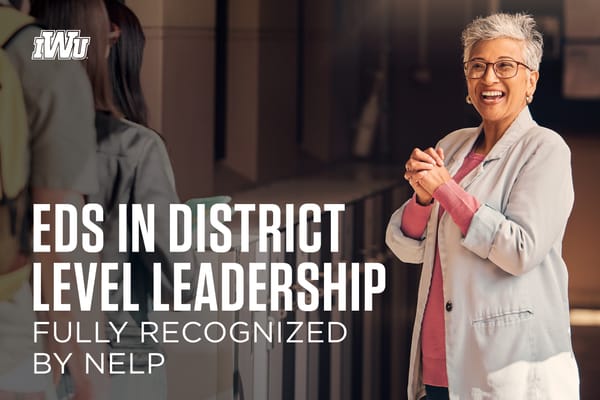3 Tips for Financial Success
Struggling with your finances? It's no surprise that life in 2024 can be expensive, and it might feel overwhelming to sit down and look over your bills.
By: Rebecca Grissom & Jake Hreha
Struggling with your finances? It's no surprise that life in 2024 can be expensive, and it might feel overwhelming to sit down and look over your bills. April is Financial Literacy Month, so we’ve gathered three tips about making wise financial decisions as a college student. Personal finance can feel overwhelming but with a few simples steps you will be on the path to financial health. Prepare to conquer your financial situation, plan for the future, and achieve financial success.
Whether you’re a student working full-time and taking classes on the side or a student focused solely on your education, practicing these good financial literacy tips can help make the college lifestyle a little easier. Achieving financial success is more about knowing what happens with your money than making tons of money.
- Track your spending
The best way to know exactly where your money is going is to track it. This means setting up either a spreadsheet or a Word file, assigning different categories to your purchases, and documenting your daily spend. Save your receipts, keep track of online purchases, and list your expenses efficiently to monitor exact numbers and payments. Experts recommend starting with a monthly spending tracker, allowing you to see what a month of personal spending and bills looks like.
Tracking your spending helps you can begin the process of having a successful financial future. Knowing where your money goes allows you to begin the process of knowing where you can spend money, where you can save money, and how to begin working towards financial stability. A secure financial future begins by having a strong knowledge of personal finance.
- Create a budget
After you have tracked your spending for a month or two, you can use what you find to set up a budget for yourself. A monthly budget allocates needed dollars to spending categories such as groceries, bills, car payments, utilities, shopping, and more. You get to create your budget, which means you can decide how much money gets designated for each category and which categories are most important. You can also set limits for specific categories if you believe you are spending too much in one area. Helpful budgeting sites like BudgetSimple are great places to get started.
Creating a budget is a great step towards building an emergency fund. An emergency fund is money you have saved in case of an emergency such as being unemployed for a period of time. Having an emergency fund helps you prepare for unexpected expenses. Budgeting can also help you reach your financial goals whether thats a down payment on a house or another major purchase.
3. Seek advice from a financial advisor
Finally, it's always a good idea to ask for help. Meeting with a financial coach or advisor is a great chance to have a professional review your spending and budgeting, helping you make wise financial decisions about the future. Advisors can help you set up payment plans, apply for loans, and meet your long-term financial goals. They can also help you see things from a fresh perspective and provide you with their professional insight into the overwhelming world of finance.
Taking control of your financial life is a great way to reduce your stress. By tracking your spending, creating a budget, and seeking financial advice, you can start working towards a financially secure future. If you want more tips for making the most of your college experience, visit our student resources page.
Rebecca Grissom
Copywriting and Marketing Assistant, IWU-National and Global
Rebecca Grissom is currently a junior at Indiana Wesleyan University pursuing degrees in Strategic Communications and Humanities. She is passionate about good books, good coffee, and telling stories. When she's not working, Rebecca enjoys time spent with her dogs, nature, and friends.
Jake Hreha
SEO Copywriter, IWU
Jake Hreha is a graduate of Ball State University, where he majored in advertising with a concentration in media presentation and design. He is passionate about design, and in his free time he enjoys cycling, traveling, and reading.




